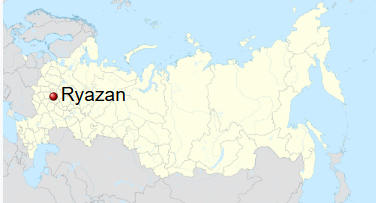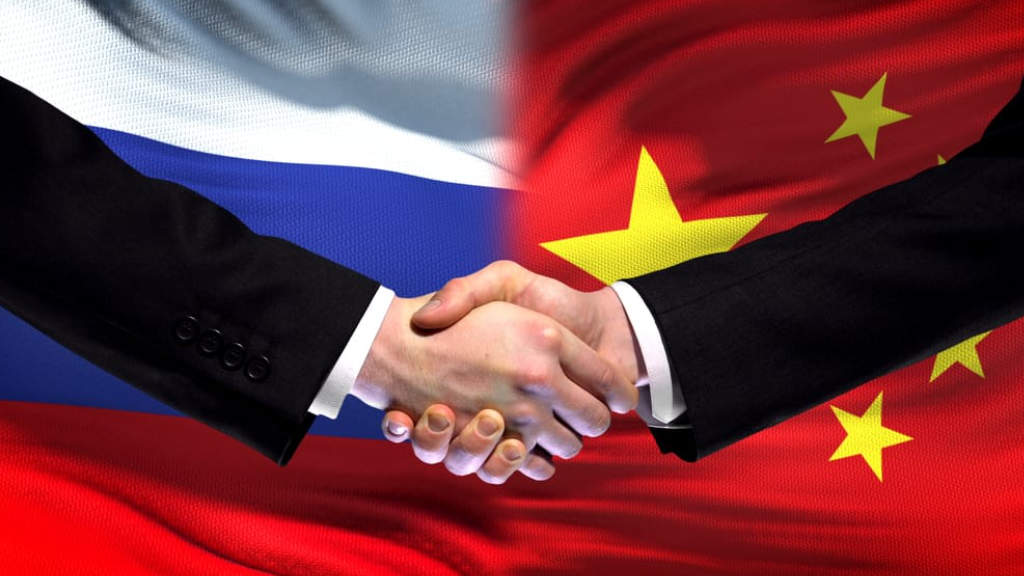The first ‘business accelerator’ in Russia, assisting local businesses to do business in China, has opened in Russia’s Ryazan region. Russian experts possessing China expertise will help prepare local entrepreneurs to work with Chinese partners, according to Pavel Malkov, the regional governor.
He stated that “The first country accelerator for China is launching today. Sinology experts will help entrepreneurs prepare for working with Chinese partners, from the specifics of business communication to the conclusion of export contracts. In the future, we will launch such accelerators in other countries based on the requests of Ryazan entrepreneurs.”
Malkov announced the expansion of cooperation between Ryazan and China during a local business forum “Days of International Business in the Ryazan Region”. He said that the Chinese Greenwood Business Park and the Ryazan Regional Business Development Agency have signed an agreement that will allow using the park’s infrastructure for online promotion of Ryazan exporters to the Chinese market.
Ryazan is the largest city and administrative centre of Ryazan Oblast, Russia. The city is located on the banks of the Oka River in Central Russia, 196 km southeast of Moscow. The primary industry base in Ryazan is electronics, with about a quarter of Ryazan’s population working in this sector. The most notable company in this sector is Plasma, which produces plasma screens for vehicles including for military vehicles and railway engines, as well as LCD screens, industrial gas lasers and medical lasers.

Russia’s search giant Yandex has a 40MW data centre in Ryazan, hosting hundreds of thousands of servers.
Malkov also said that China’s share in the Ryazan Region’s foreign trade increased to 25% in Q1 2025, saying that “Ryazan businesses have a great interest in joint projects, and we help to find partners, organise negotiations and meetings.”
Further Reading
Russia-China Bilateral Trade Turnover Forecast To Grow Another 30% By 2027

 Русский
Русский













